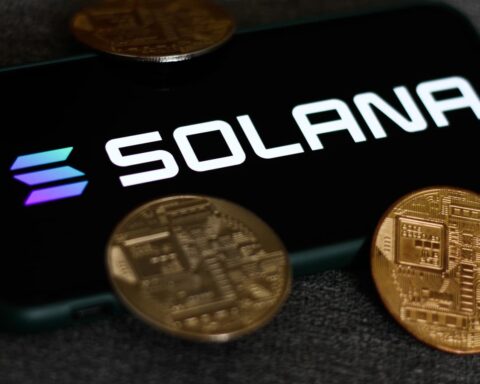In a recent security breach, decentralized exchange platform SushiSwap has suffered a significant loss of $3.3 million due to an approval bug exploit. The vulnerability in the platform’s smart contract enabled attackers to drain funds from users, raising questions about SushiSwap’s security measures and the overall safety of decentralized finance (DeFi) platforms.
The exploit was first discovered by blockchain security firm PeckShield, which alerted SushiSwap to the issue. The platform then issued a warning to its users, advising them to revoke their token approvals on the affected smart contract. However, by the time the warning had been issued, the attackers had already managed to siphon $3.3 million from the platform.
The vulnerability was traced back to the “addCollateral()” function within SushiSwap’s smart contract. This function allowed attackers to manipulate the platform’s accounting system and withdraw more collateral than they had initially deposited. The attackers exploited this bug to repeatedly execute transactions and drain users’ funds.
SushiSwap has since implemented a fix to address the vulnerability, but the incident has raised concerns about the security of DeFi platforms and the potential risks associated with them. The rapid growth of the DeFi sector has led to an increasing number of platforms emerging on the market, some of which may have overlooked crucial security measures in the race to launch their products.
As a result of this incident, industry experts are calling for greater scrutiny and regulation within the DeFi sector to ensure the safety of users’ funds. The SushiSwap exploit serves as a reminder of the risks associated with decentralized finance and the need for stringent security measures to protect users from potential threats.
The SushiSwap team has assured users that it is taking the necessary steps to prevent similar incidents from occurring in the future. It remains to be seen how this event will impact the platform’s reputation and the confidence of its users, as well as the wider DeFi industry.




